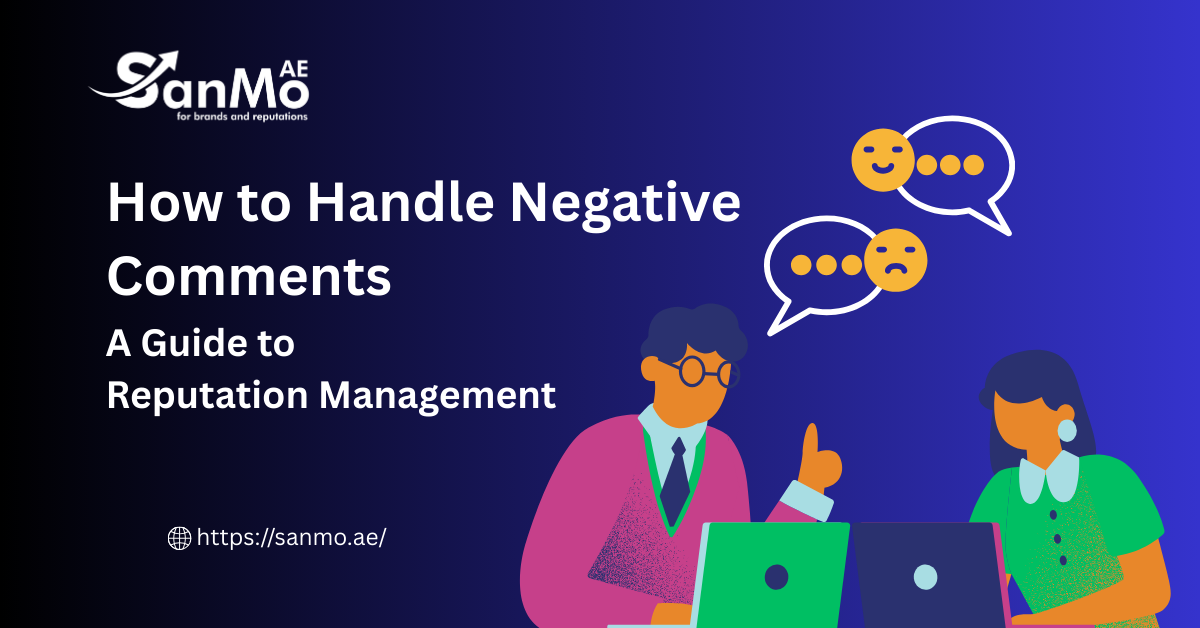Your business’s website is more than just a virtual storefront—it’s the heart of your online presence, your digital handshake, and often the first impression for potential customers. But when was the last time you checked its pulse? A healthy, high-functioning website is crucial for both building your brand credibility and achieving business success. That’s where a complete website audit comes into play.
Whether you’re running a small blog, an e-commerce site, or a multinational corporate page, a comprehensive website audit ensures your site performs seamlessly and aligns with your goals. This blog will break down why you need a complete website audit, what it entails, and how it can provide your business with a strong competitive edge.
What Is a Complete Website Audit?
A website audit is essentially a health check for your website. It evaluates how your site performs in areas like usability, speed, functionality, SEO (search engine optimization), and security. Think of it as running a full diagnostic to uncover both the strong points and weak spots that may be slipping under your radar.
A complete website audit, however, goes beyond a basic scan. It dives deep into:
- Technical performance
- On-page SEO optimization
- User experience (UX)
- Content quality
- Mobile responsiveness
- Site Security
- Overall compliance with industry standards
The goal isn’t just to uncover problems—it’s to find actionable solutions that can help you improve and optimize your site moving forward.
Why You Need a Complete Website Audit
If you’re still wondering whether your website needs a full checkup, here are several reasons why a website audit is an absolute must for any business trying to grow its online presence.
1. To Improve SEO Rankings
Search engines like Google consider hundreds of factors when ranking websites. From site speed to keyword optimization, any flaw in your website can hurt how high it appears on search engine results pages (SERPs).
A website audit identifies SEO weaknesses like:
- Broken links
- Missing meta tags
- Duplicate or low-quality content
- Poor keyword optimization
By fixing these issues, you can help your website rank higher, drive more organic traffic, and make it easier for potential customers to find you.
2. To Enhance User Experience (UX)
Would you keep shopping at a store where the shelves are disorganized and the checkout process is slow? The same logic applies to website visitors. A slow or clunky site can frustrate users, leading them to abandon your site for a competitor.
A complete website audit pinpoints areas where your UX may be falling short, including:
- Page loading speed
- Ease of navigation
- Mobile friendliness
- Overall aesthetics and readability
Optimizing these aspects can lead to better engagement, lower bounce rates, and more conversions.
3. To Ensure Mobile Optimization
With nearly 60% of internet traffic now coming from mobile devices, ensuring your website performs flawlessly on mobile is critical. A complete website audit will analyze how well your site works on smartphones and tablets by reviewing layout, speed, and functionality.
Why does this matter? Google moved to mobile-first indexing, meaning it primarily uses your site’s mobile version to determine rankings. Ignoring mobile optimization is no longer an option in today’s digital landscape.
4. To Identify Security Vulnerabilities
Cyberattacks are on the rise, and no business—no matter its size—is immune. A hacked website can damage your reputation, scare off customers, and even result in legal consequences if sensitive data is compromised.
A website audit assesses vulnerabilities and ensures your site has essential security measures in place, such as:
- SSL certificates
- Updated software and plugins
- Protection from malware or DDoS attacks
By tightening your site’s defenses, you protect your visitors’ data and prevent costly breaches.
5. To Optimize Conversions
Is your website generating a lot of traffic but not translating it into sales, leads, or other desired actions? This could indicate an issue in your conversion funnel—the path users take from landing on your site to completing a desired action (like purchasing a product or signing up for a newsletter).
A thorough audit helps identify issues like unclear CTAs (calls-to-action), clunky checkout processes, or inadequate landing pages. Streamlining these elements can drastically improve conversions and ROI.
6. To Stay Ahead of Competitors
Your competitors are likely investing heavily in their digital presence—and you should be doing the same. A website audit not only helps you stay on par with industry standards but also highlights opportunities to get ahead.
For example, an audit might reveal popular, yet underutilized, keywords or innovative design trends that competitors aren’t adopting yet. Smart optimizations can give your business a much-needed digital edge.
7. To Keep Up with Algorithm and Technical Changes
The digital world changes fast. Search engines frequently update their algorithms, and new technologies emerge all the time. Without regular audits, your website could fall behind, leaving you out of sync with industry best practices or rendering portions of your site outdated.
Auditing ensures that your site stays technically updated and compliant with the latest SEO guidelines. This proactive approach avoids issues that might otherwise result in penalties or poor user experiences.
The Key Elements of a Complete Website Audit
Here’s a breakdown of what your comprehensive audit should include:
Technical Audit
- Tests for site speed and load times
- Checks for mobile-friendliness and responsive design
- Pinpoints broken links and error pages
- Reviews indexing and crawling issues
SEO Analysis
- Keyword optimization
- Meta tags, header tags, and alt-text reviews
- Identifies duplicate content or missing pages
- Competitive keyword benchmarking
Content Quality Check
- Assess relevance, readability, and depth of existing content
- Reviews for plagiarism or outdated material
- Examines opportunities for blog posts, product descriptions, and pillar content
User Experience (UX) Audit
- Heatmaps and click-path analysis to monitor user behavior
- Navigation and ease of accessibility checks
- Image and video optimization assessments
Security Audit
- Analyzes for malware or hacking risks
- Ensures SSL certification is active
- Checks for outdated plugins or software vulnerabilities
The Benefits of Acting on Your Audit Results
Updating your website based on your audit results builds a better digital experience that supports your business goals. It can:
- Drive more traffic and engagement
- Build trust and credibility with users
- Improve ROI on marketing efforts
Think of your website as an investment—maintenance and optimization are key to maximizing its value.
Take the Next Step Toward Website Health
A complete website audit is not just a performance check—it’s a roadmap to achieving your website’s full potential. From improved SEO rankings to better user experiences, the benefits speak for themselves. Don’t wait until your digital presence starts falling behind—take proactive steps to optimize now.
Need professional support? Reach out to our website audit experts today and start uncovering your website’s hidden opportunities. Together, we’ll help your business shine online.







